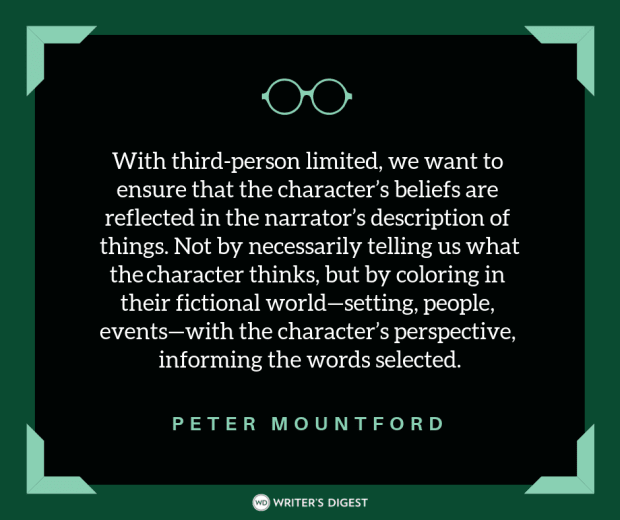Why I Don’t Care About Grammar (and Why You Should Stop Worrying)
I was probably the only student in my 8th grade class to look forward to English period, and copying down grammar lessons. My English teacher, Mrs. McKinney, was methodical, strict,…
I was probably the only student in my 8th grade class to look forward to English period, and copying down grammar lessons.
My English teacher, Mrs. McKinney, was methodical, strict, and exact about every aspect of the language. She told us exactly how to copy down the lessons, and what kind of paper to use (Steno pads). Plus we had competitions to see who could diagram sentences the fastest.
Everything I know about grammar I learned from Mrs. McKinney; I never had another teacher who delivered the information so logically and comprehensively. I am eternally grateful.
But if I have a pet peeve with writers (both beginning and published), it's their unrelenting obsession & unforgiving attitude toward errors in grammar, spelling, and punctuation.
Whenever Writer's Digest posts about a grammar issue, it invariably receives the most comments (and fiercest arguments). Whenever or wherever we have a grammatical fumble, in print or online, it's like we've committed a cardinal sin—which is understandable, and which we're sorry for, but ...
Lighten up, people!
Why do I say this? For two reasons:
- Every one of us, from the day we are able to speak, instinctively know the universal grammar. You wouldn't be able to converse with other people if you didn't know it. So why doesn't everyone have perfect written grammar? Primarily because we're all flustered by the rules and regulations surrounding the written word—which is in a state of flux, by the way. To learn more about this issue, read about The Language Instinct by Steven Pinker. Pinker says, rather than learn irrelevant grammar rules, we should learn about clarity in writing, from books like The Elements of Style. I couldn't agree more.
- Perfect grammar has nothing to do with great writing. Certainly, I will admit that people who are better at grammar often have more sensitivity for the nuance of language—and tend to be better writers—but for the most part, facility with grammar has nothing to do with storytelling talent.
So, I hate to see a new/beginning writer worry about grammar, or even apologize in advance that their grammar isn't perfect. I really don't care as long as the language isn't getting in the way of understanding and enjoying the story.
The worry you invest in grammar is energy diverted away from the meat of the writing. Grammar is a surface-level issue that should be taken care of separately, near the end of the writing process, and can even be corrected or polished by someone else.
Yes, I can spot an error on a page from across the room. I love being able to do it. But in the end, it's no more important than being able to balance my checkbook, organize a file cabinet, or back-up my hard drive.
However, I do advocate sensitivity to language. For that, you can study up with the most recent edition of Grammatically Correct (just released this month!), which is like having your own Mrs. McKinney by your side.
If you'd like Mrs. McKinney on crack, then I recommend the Writer's
Digest Grammar Desk Reference.
For one of the best guides I've
seen on the nuance of language (without the focus on "correctness"),
try Rhetorical Grammar.
Jane Friedman is a full-time entrepreneur (since 2014) and has 20 years of experience in the publishing industry. She is the co-founder of The Hot Sheet, the essential publishing industry newsletter for authors, and is the former publisher of Writer’s Digest. In addition to being a columnist with Publishers Weekly and a professor with The Great Courses, Jane maintains an award-winning blog for writers at JaneFriedman.com. Jane’s newest book is The Business of Being a Writer (University of Chicago Press, 2018).









